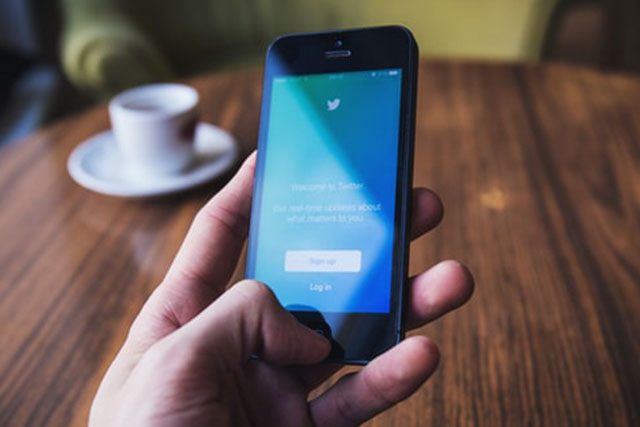Microblogging platform Twitter is helping fight disinformation amid the COVID-19 outbreak by highlighting credible and authoritative information from authentic health experts, public officials, government agencies and reliable news outlets.
The platform on Tuesday launched an “event page” feature dedicated to the novel coronavirus where real-time information from credible sources can be easily found without the need to manually source in the “search” feature.
The COVID-19 “event page” can be seen on top of a user’s home timeline on mobile while it is under the “explore” tab on the desktop version.
Twitter created the feature with the goal “to elevate and amplify authoritative health information as far as possible.”
It added that its own “Trust and Safety” team is expanding its zero-tolerance approach to “platform manipulation and any other attempts” that may potentially abuse the platform amid a current pandemic.
Twitter said that it will now require users to remove tweets with content that “increases the chance that someone contracts or transmits the virus.”
These include contents that shows a “denial of expert guidance; encouragement to use fake or ineffective treatments, preventions, and diagnostic techniques; and misleading content purporting to be from experts or authorities.”
The platform added that it is also prioritizing the account verification of health experts around the globe so that people may immediately identify sources who have the authority when it comes to talking about COVID-19.
Last month, Twitter expanded its search prompt with the coordination of the Department of Health and the World Health Organization Philippines so that whenever users type anything related to COVID-19, they are immediately prompted to go to official accounts.
RELATED: How local Twitter helped fight online disinformation amid the new coronavirus crisis
“Launched six days before the official designation of the virus in January, Twitter’s dedicated search prompt ensures that when you search for Covid-19 information, you see credible, authoritative content at the top of your search,” the platform said.
Susceptibility to fake news
Filipinos are known to be heavy social media users and some of them are very susceptible to disinformation and “fake news” that propagate in the internet, especially social media platforms.
Last year, the country ranked the lowest in terms of reading comprehension under the 2018 Programme for International Student Assessment.
It suggested that Filipino students—who are also some of the most active users on Twitter—needed to be more proficient when it comes to reading and understanding contexts of written materials, including articles and social media posts.
“Reading proficiency is essential for a wide variety of human activities — from following instructions in a manual; to finding out the who, what, when, where, and why of an event; to communicating with others for a specific purpose or transaction,” a summary of the 2018 study said, as quoted by Philstar.
In President Rodrigo Duterte‘s newly-signed the Bayanihan to Heal As One Act, an individual can be punished for spreading fake news about the COVID-19 crisis on social media and other platforms.
The violator can be fined up to one million pesos and/or be imprisoned for up to two years.
The provision was added as a last-minute amendment before it was passed on to Duterte by the Congress, although critics noted that it can be used to threaten freedom of expression since such offense does not legally exist in Philippine law.












